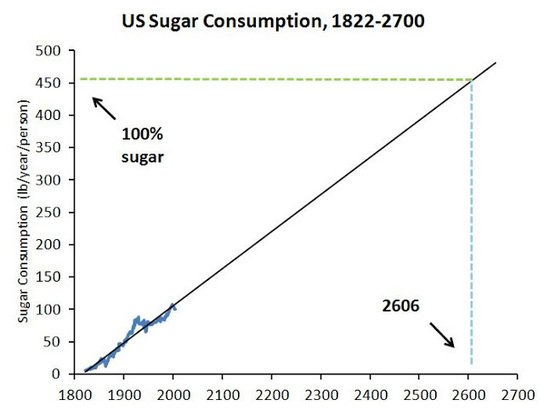Sugar is strongly present in our daily diet, regardless of our culture, our origins or our food preferences. However, according to the World Health Organization (WHO), sugar consumption of simple sugars (Simple sugars are carbohydrates that are quickly absorbed by the body to produce energy. They contain only one or two units of sugar or saccharides. These sugars are found naturally in a variety of foods that we consume daily) must be limited to less than 10% of the daily energy intake, however, according to the recommendations about half of our energy intake should come from carbohydrates. It is not always easy to choose your carbohydrates and limit the simple sugars in our plates. Some foods may contain much more than we can think of.
Foods that are full of sugar
Some foods that are full of sugar are easy to recognize such as sweets, jams or honey. There are other foods where sugar is much harder to detect. Prepared meals, cereals, cold cuts, soft drinks, fruit juices and wine are a few. According to a nutritionist at the WHO, overconsumption of these foods can have a considerable impact on our weight and our health. Indeed, sugar adds taste and texture. That’s why we find it everywhere.
Health risks of sugar overconsumption
Consuming lots of added or hidden sugar is associated with health problems such as obesity, diabetes, cancer, and cardiovascular diseases. It is also the cause of about 16 million premature deaths worldwide.
It is important to choose foods that have zero added sugar. Good choices are raw or unrefined items. In trying to live a nutritious lifestyle, try to limit sugar consumption to no more than 10% of your daily energy intake. This equals 9 or 10 tablespoons of sugars.




